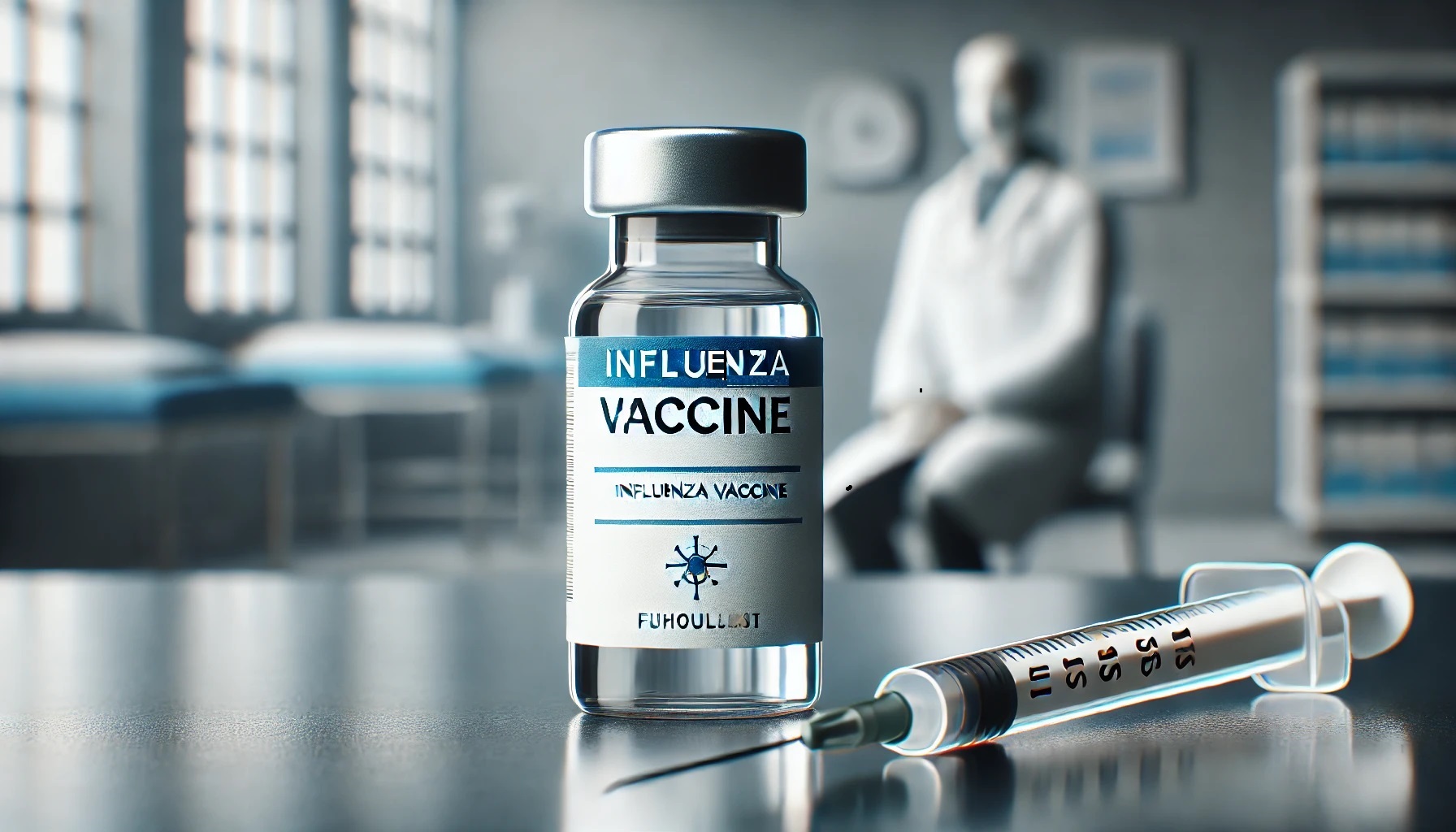Check out this answer from Consensus:
The influenza vaccine is generally effective in reducing influenza-like illness, hospitalizations, and mortality, particularly among the elderly and children. High-dose vaccines offer better protection for older adults compared to standard-dose vaccines. The vaccine’s effectiveness can vary by influenza strain and year, but it remains a crucial tool in preventing severe influenza-related outcomes across various high-risk groups. Public health messaging should emphasize the overall benefits of annual influenza vaccination while acknowledging the variability in effectiveness.
The effectiveness of the influenza vaccine is a critical public health concern, especially for vulnerable populations such as the elderly, children, and individuals with underlying health conditions. Numerous studies have investigated the vaccine’s ability to prevent influenza-related illness, hospitalizations, and mortality. This synthesis aims to provide a cohesive overview of the influenza vaccine’s effectiveness based on data from multiple research papers.
Key Insights
- General Effectiveness in Elderly Populations:
- Influenza vaccines reduce influenza-like illness by 35%, hospitalizations for pneumonia and influenza by 33%, and mortality from all causes by 50% in elderly individuals living in the community1 3.
- The vaccine’s effectiveness against influenza-like illness in long-term care facilities is 23%, and it significantly reduces pneumonia, hospital admissions, and mortality3 4.
- Effectiveness Against Hospitalizations:
- Strain-Specific Effectiveness:
- The vaccine’s effectiveness varies by influenza strain, with higher protection against H1N1 (74%) and moderate protection against H3N2 (41%) and influenza B (51%) in children5.
- Among elderly individuals, the vaccine’s effectiveness against A(H3N2) is higher when the vaccine and circulating strains are antigenically similar (43%) compared to when they are not (14%)2.
- High-Dose vs. Standard-Dose Vaccines:
- High-dose influenza vaccines (HD-IIV3) are more effective than standard-dose vaccines (SD-IIV) in adults aged 65 years and older, reducing influenza cases and associated complications such as hospital admissions and mortality7.
- Effectiveness in High-Risk Groups:
- Influenza vaccination is effective in high-risk groups, including individuals with underlying health conditions, pregnant women, and healthcare workers, reducing visits by 39% and hospitalizations by 57% among children10.
- Year-to-Year Variability:
- The effectiveness of the trivalent influenza vaccine (TIV) varies annually but consistently shows significant protection against serious outcomes like ICU admissions and influenza-related deaths8.
Is the influenza vaccine effective?
Ian Frazer has answered Likely
An expert from University of Queensland in Vaccines, Vaccinology
Flu vaccine reduces the risk of severe flu and death from flu – groups at particular risk of a bad outcome from flu are those under 5 years and over 50 years. However the vaccine is not an absolute protection: protection varies according to the flu viruses in circulation in any given year.
Is the influenza vaccine effective?
Larisa Labzin has answered Likely
An expert from University of Queensland in Immunology, Virology, Coronavirus
The short answer is yes, the influenza vaccine is effective against the strains of flu its made against. It is not protective against new or slightly changed strains, which is why you need to get a flu shot every year. The WHO and other scientists try and predict which strains of flu are going to be circulating in a given year, and they make the vaccine up to defend against those viruses. So having a vaccine reduces your risk of getting influenza, but can’t guarantee that you’ll be completely protected. There are no extra risks to getting the influenza vaccine than to getting another vaccine.
Think of it as the different flu strains being like different breeds of dogs. They are very similar but can differ in size/ aggressiveness/behaviour etc. They can also cross breed. The ‘vaccine’ might contain protection against labradors, cocker spaniels and Jack Russells. If you were to get ‘bitten’ by any one of those dogs you’d be protected. But if you got bitten by a beagle you would get sick. If you got bitten by a jack-russell crossed with a beagle, you might not be protected either. So the next year you might get vaccinated against a beagle, a Dalmatian and a poodle.
